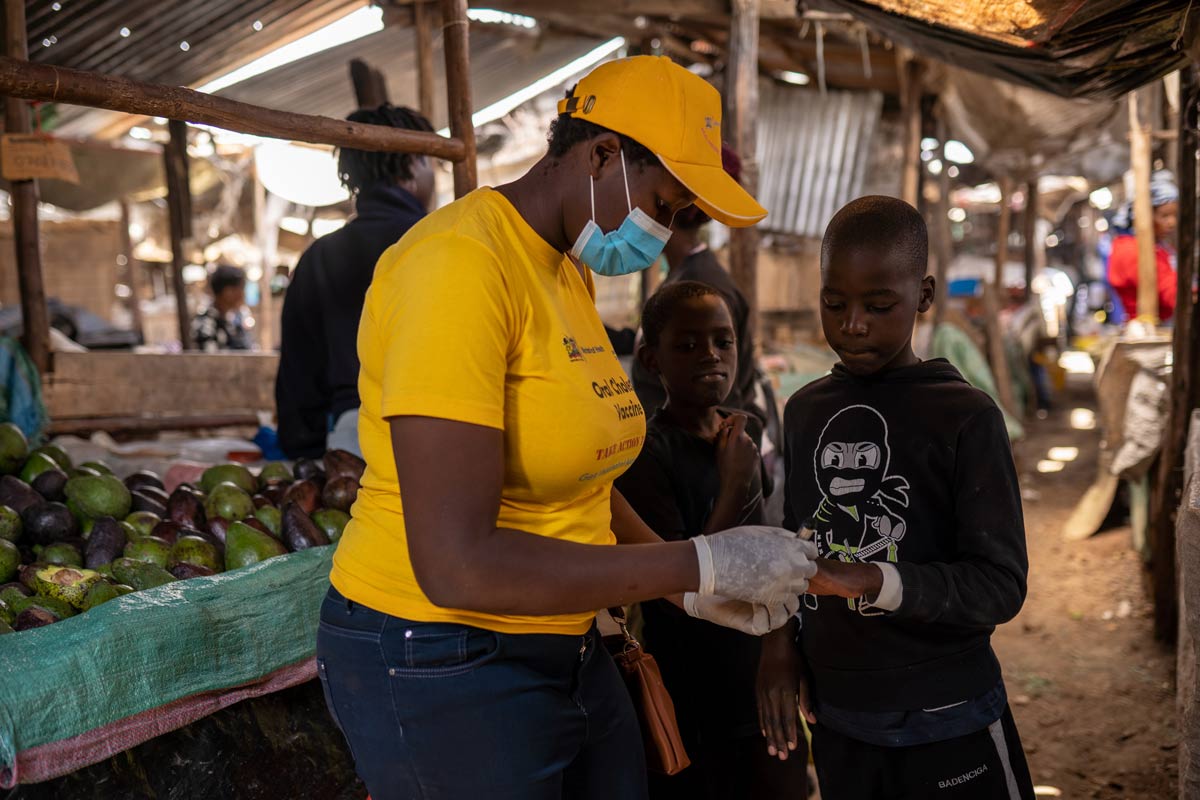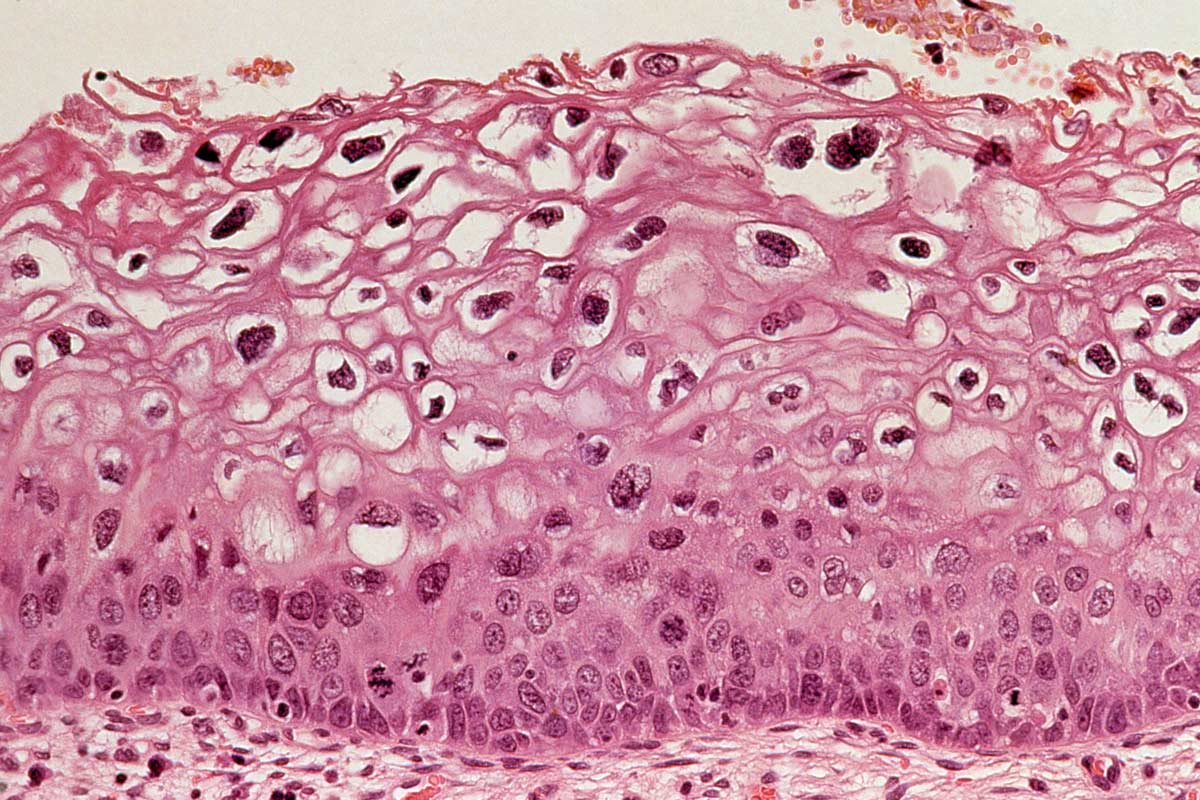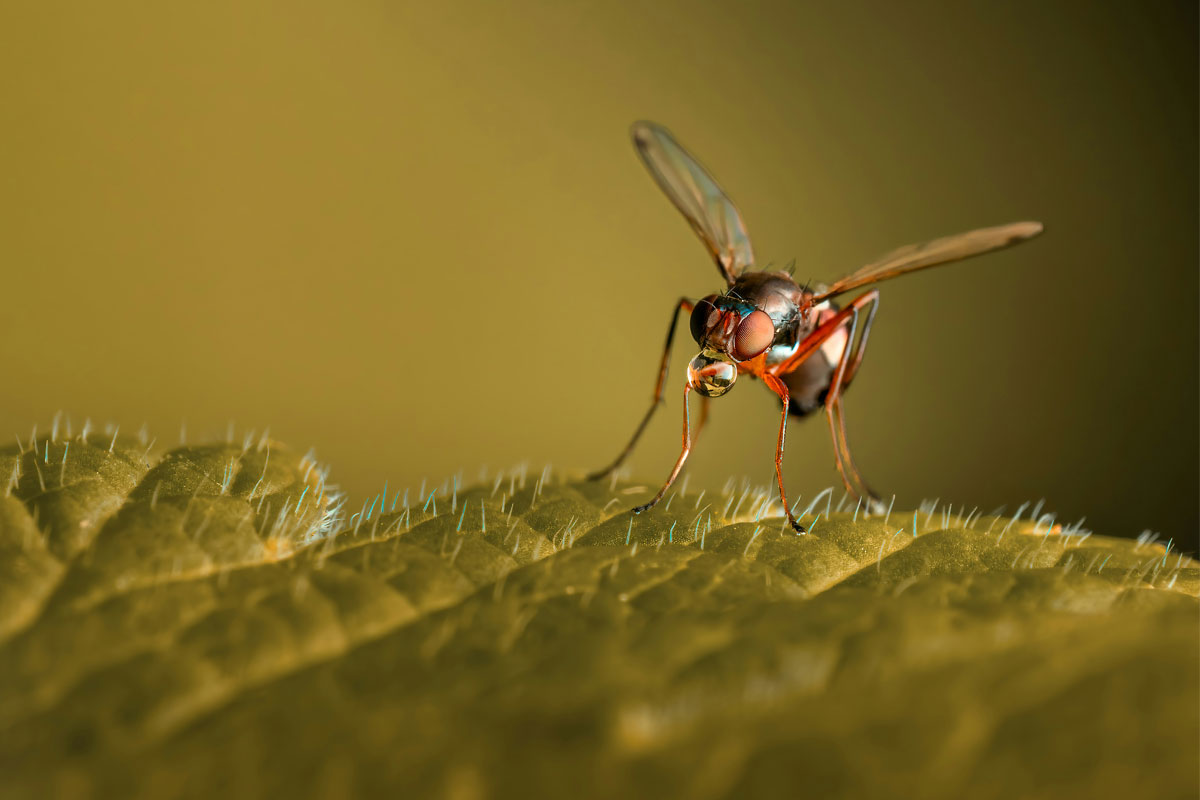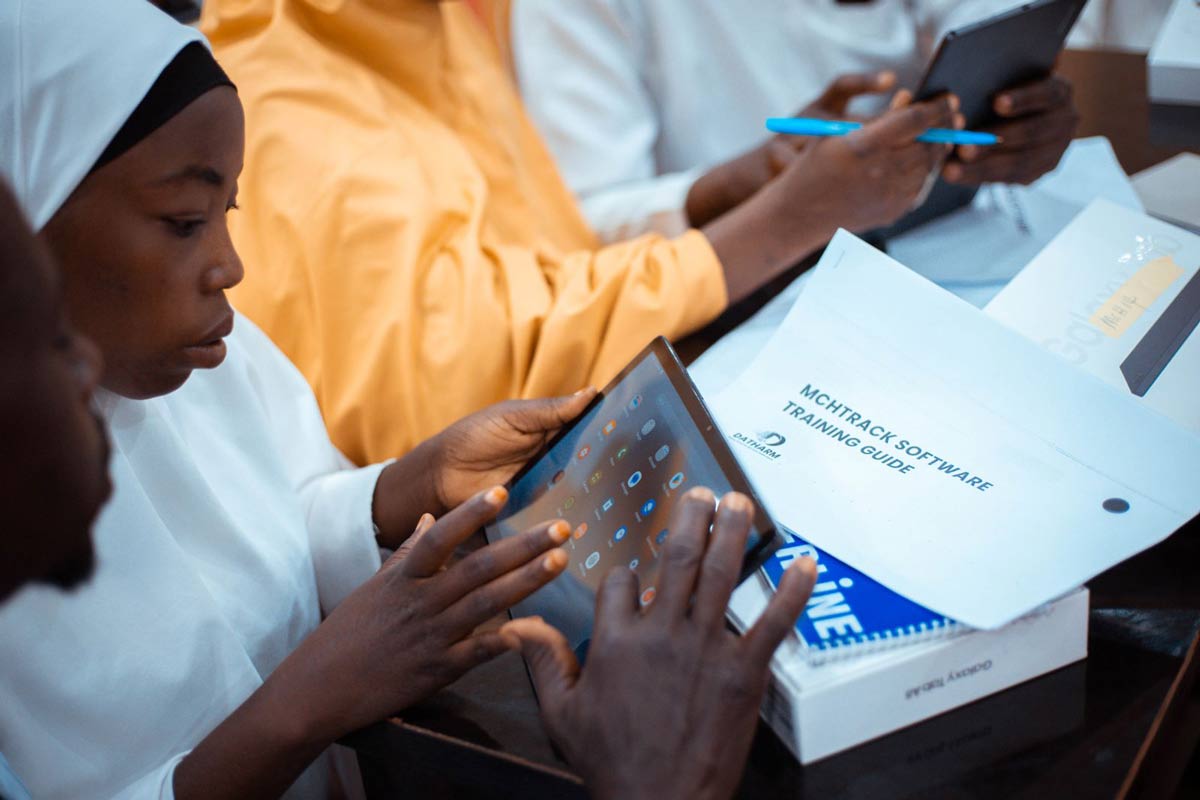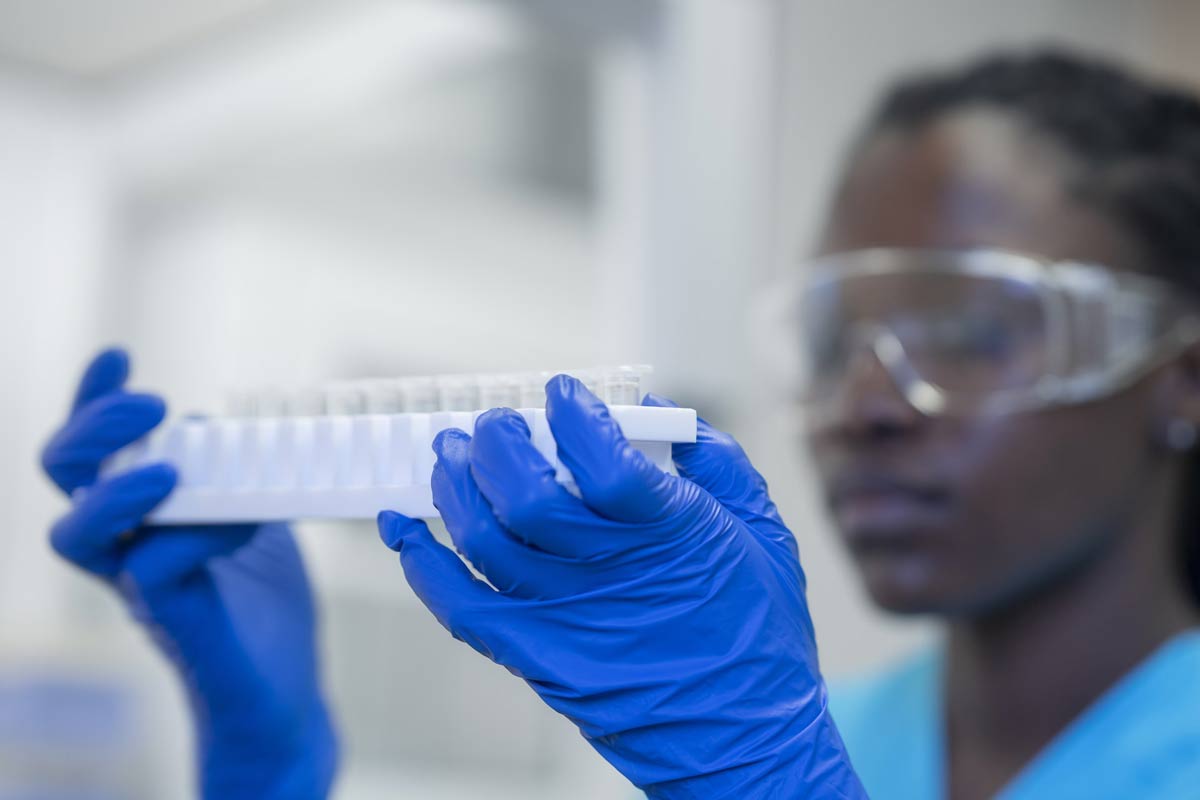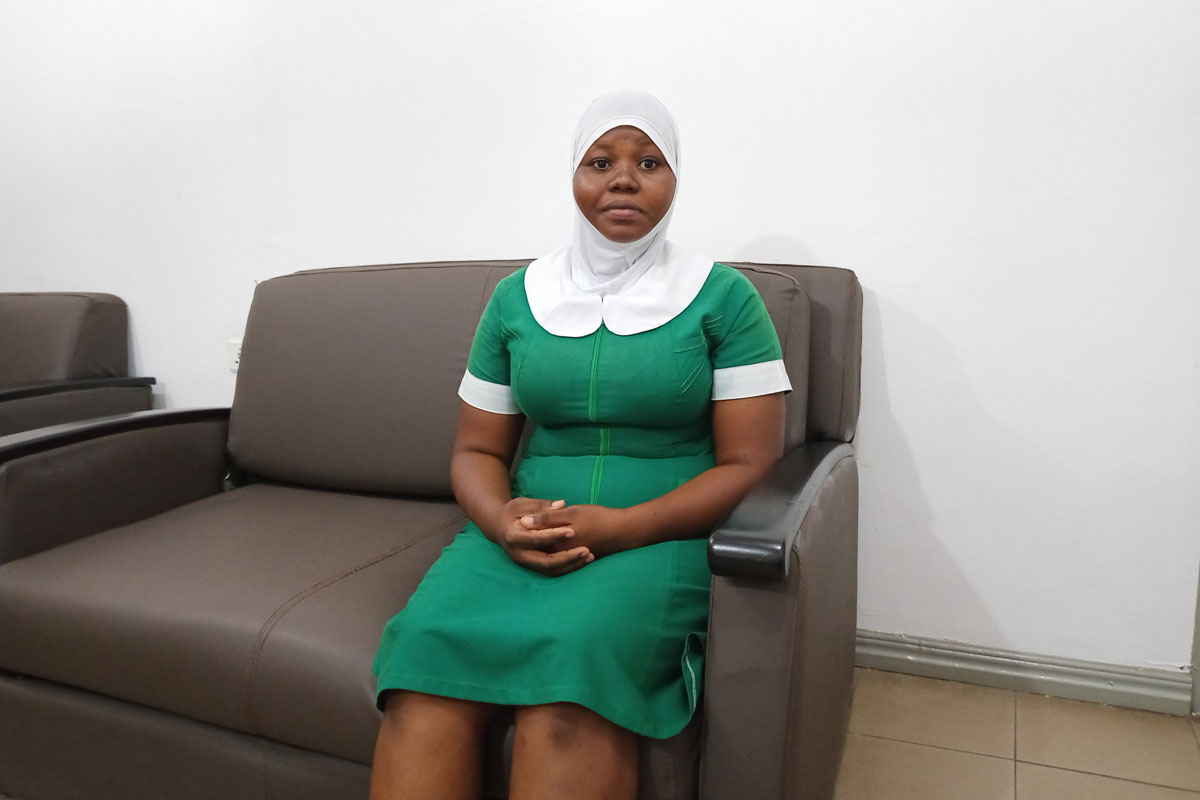What is herd immunity?
The idea of herd immunity as the solution to the COVID-19 pandemic has triggered heated debate, but what is herd immunity and how does it work?
- 26 March 2020
- 3 min read
- by Priya Joi
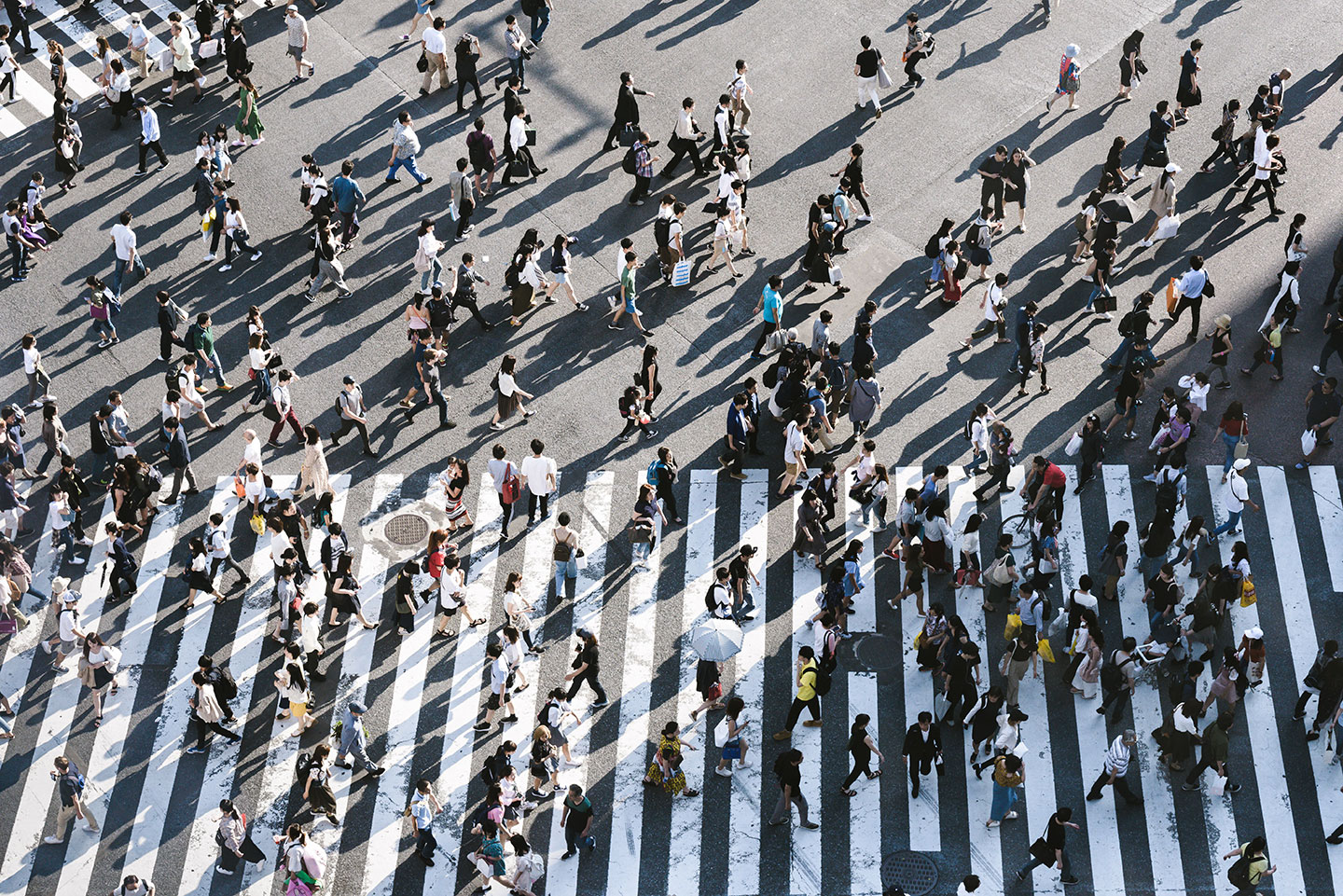
What is herd immunity?
Herd immunity is the indirect protection from a contagious infectious disease that happens when a population is immune either through vaccination or immunity developed through previous infection.
This means that even people who aren’t vaccinated, or in whom the vaccine doesn’t trigger immunity, are protected because people around them who are immune can act as buffers between them and an infected person.
Once herd immunity has been established for a while, and the ability of the disease to spread is hindered, the disease can eventually be eliminated. This is how the world eradicated smallpox, for example.
What are the challenges in creating herd immunity?
The more infectious a disease, the greater the population immunity needed to ensure herd immunity. For example, measles is highly contagious and one person with measles can infect up to 18 other people. This means that around 95% of people need to be immune in order for the wider group to have herd immunity.
The new coronavirus has a lower infection rate than measles, with each infected person passing it on to two or three new people, on average. This means that herd immunity should be achieved when around 60% of the population becomes immune to COVID-19.
However, natural herd immunity – achieved through infection rather than vaccination – can be challenging to induce through unchecked infection as there would be a very high rate of serious illness and death, with health systems overwhelmed well beyond their surge capacity, even in high-income countries. This is why herd immunity is generally pursued through vaccination programmes.
Even when vaccines are available, it is not always possible to achieve herd immunity for very long. Some viruses, such as seasonal flu, mutate frequently, evading the body’s immune response. So immunity doesn’t always last forever, which is why the flu shot is necessary every single year.
Risks to herd immunity
Mass vaccination has been highly successful in inducing herd immunity for many diseases, protecting those that are unable to build up immunity, such as people with immune deficiencies or whose immune systems are being suppressed for medical reasons.
When herd immunity is well established, however, some people choose to behave as ‘free riders’, essentially benefitting from everyone else getting vaccinated, while abstaining from vaccination either because they choose not to or are actively anti-vaccination.
When a population has too many of these free riders, the overall immunity level is compromised and herd immunity can be lost, putting everyone at risk.
More from Priya Joi
Recommended for you
